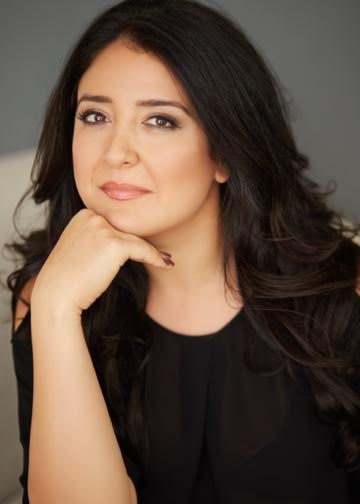Romantic comedies are such a lie. No one finds these types of relationships; they simply don’t exist.
Finding love can feel like locating the proverbial needle in a haystack.
There are so many near misses, false alarms and people with varying agendas. It’s a wonder anyone falls in love.
Asking Yourself the Big Questions:
What do you want in a partner?
Would you give the same answer to that question that you would have given five years ago? Sometimes our priorities regarding love can change, depending on where we are in our lives. As we explore what we are looking for it is important to ask ourselves some difficult questions and sit honestly with ourselves to find the answers.
What personality traits are important to me in a partner and why?
Perhaps the first answers that will pop up for people will vary, but most people want someone who is kind and loving. Push beyond that generalization and think about personality traits that compliment yours. Do you do best with someone who is extroverted? Quiet? Humorous?
What are my values and is it important that my partner has the same values?
In thinking about values, consider the things that make life worth living; do you need to have a partner who carries these same values?
How important is physical attraction to me in the equation of partnership and love?
This is a tough one; we’d all like to think we’re immune to the need for attraction in a loving relationship, but at our base we are only human. As aspects of our lives change, attraction may become less significant or may shift in level of importance.
What does a healthy relationship look like to me?
Examining what a healthy relationship looks like is a good way to determine the type of life you want to live with a partner. If you have a benchmark for what “health” in a relationship looks like, it is easier to determine how to get there.
Have past intimate relationships changed my viewpoint of what is important?
Allow your past relationships to inform what you are now seeking in a loving relationship. What is important to you at this stage of your life, versus five or even ten years ago? Past relationships may have altered the way you see love and this is a normal part of the developmental process.
How can I learn from my past relationships to choose a healthy partner and to be a healthy partner?
You have probably learned about yourself from past relationships, and you’ve probably also discovered (in perhaps unpleasant ways) what you don’t want in a partner. What have past relationships taught you about who you want to be in a relationship and who you want to love?
Love is complex, life changing and beautiful. And it doesn’t look the same for everyone.
Resist the urge to box yourself in and create artificial boundaries around what love should look like in your life and make room for what is and could be.


